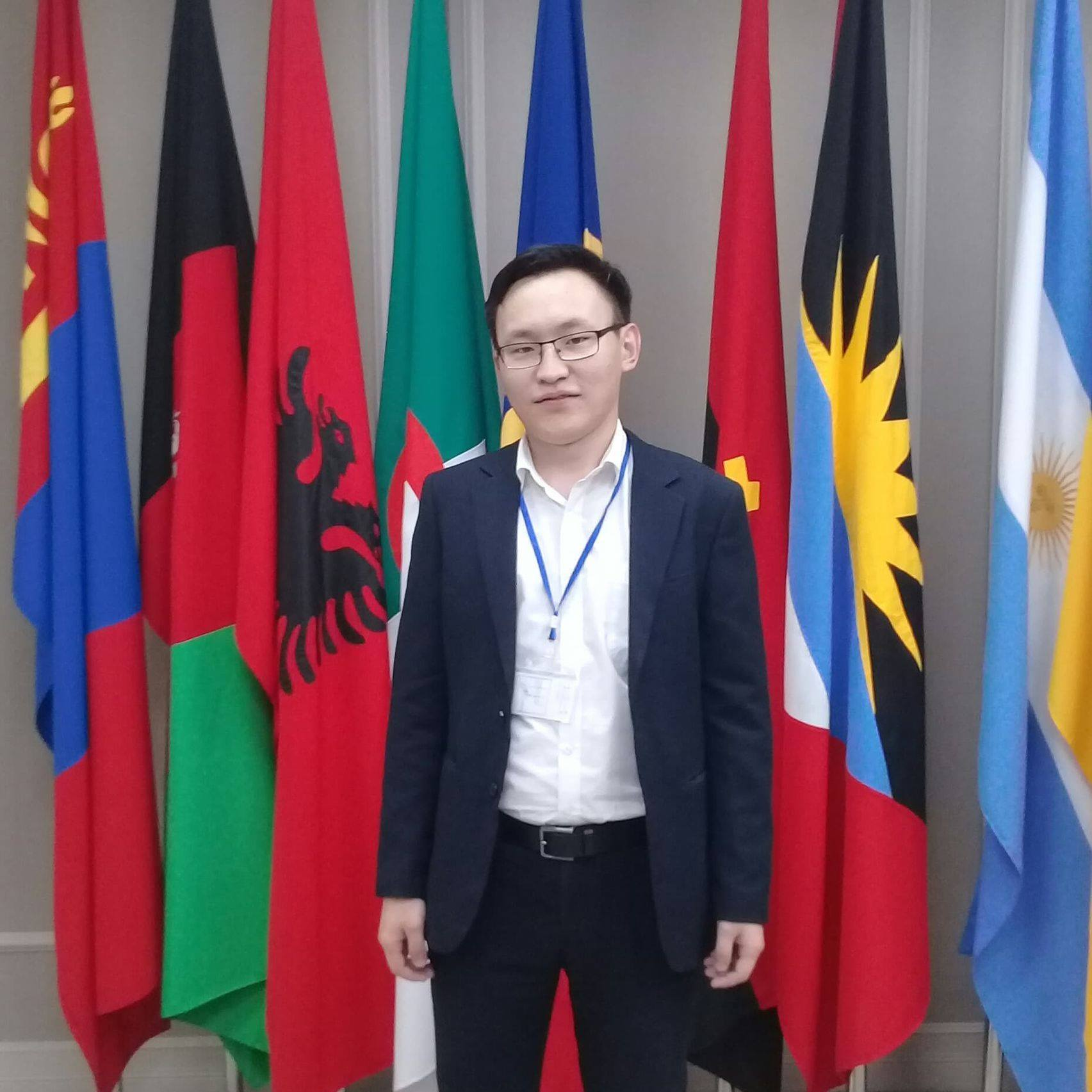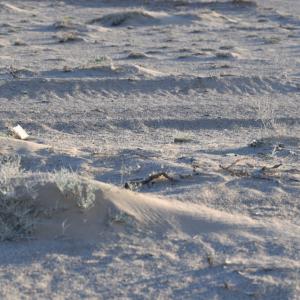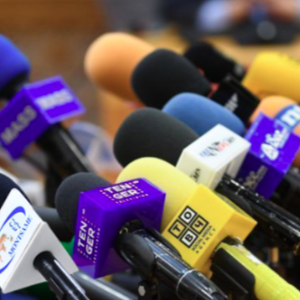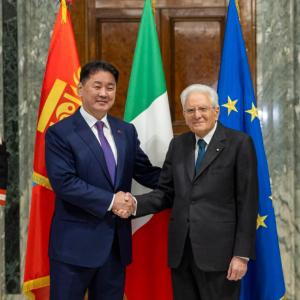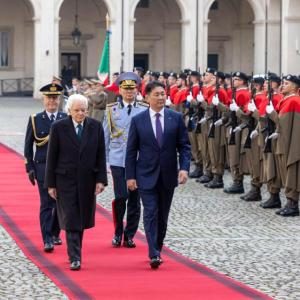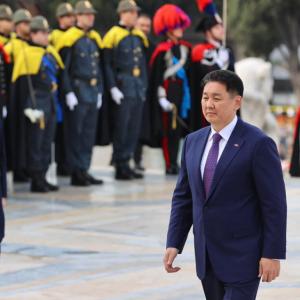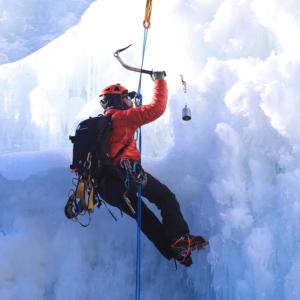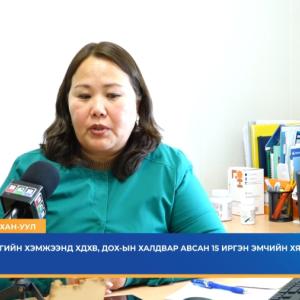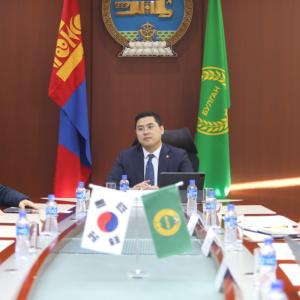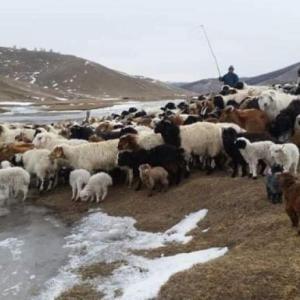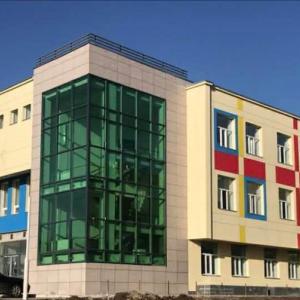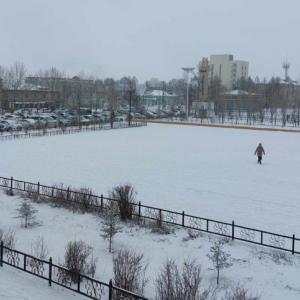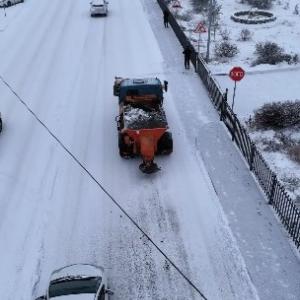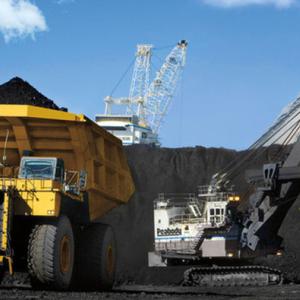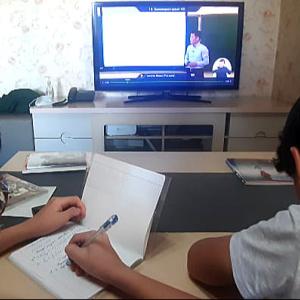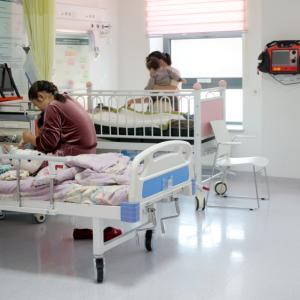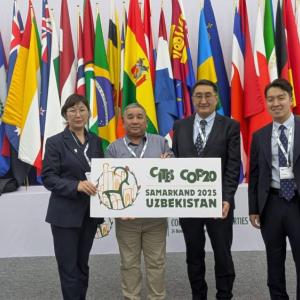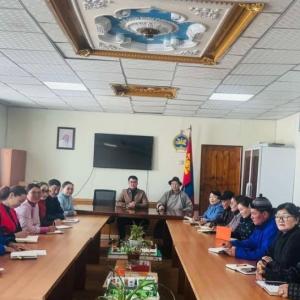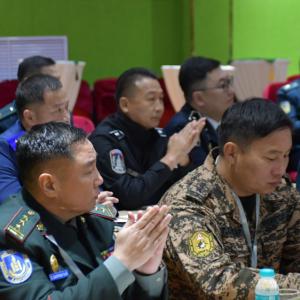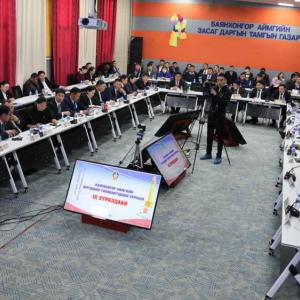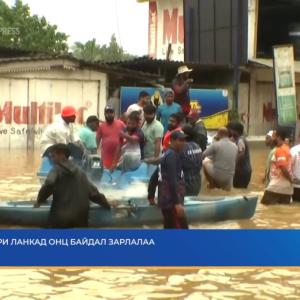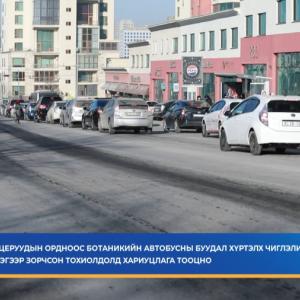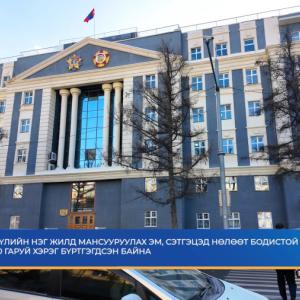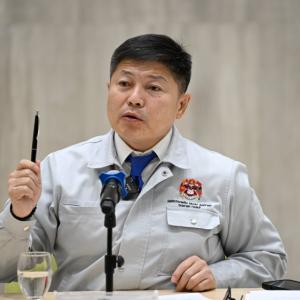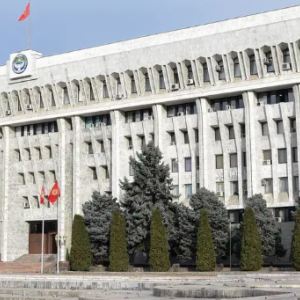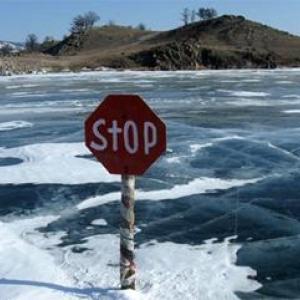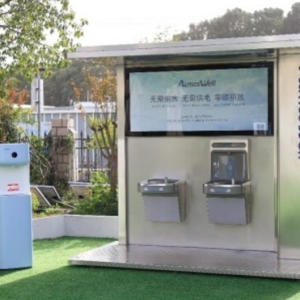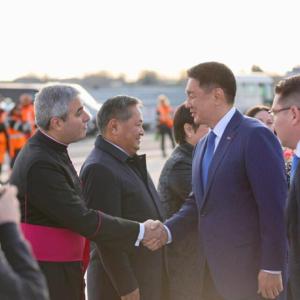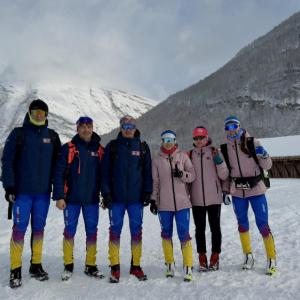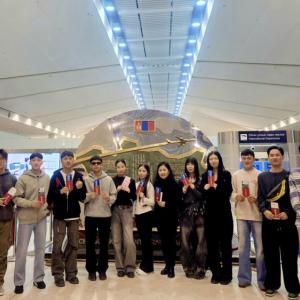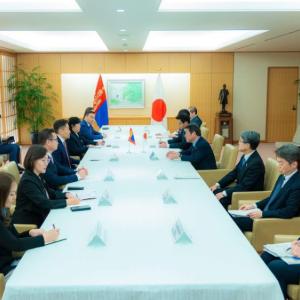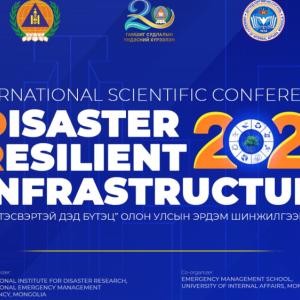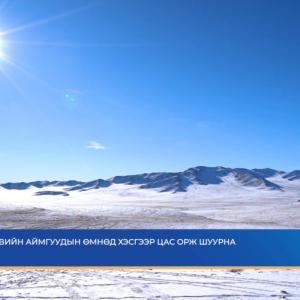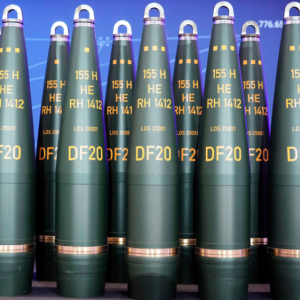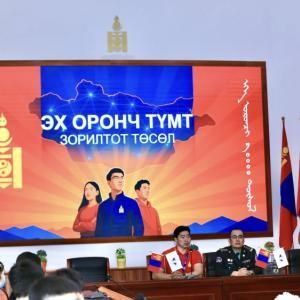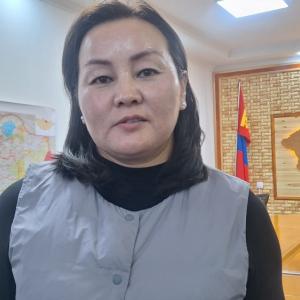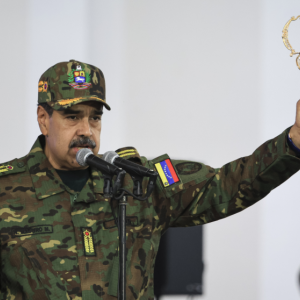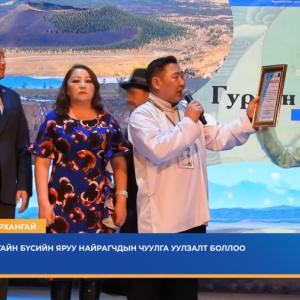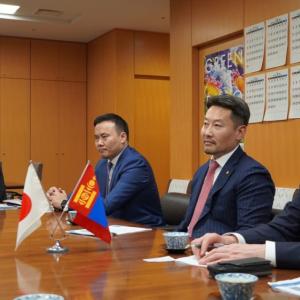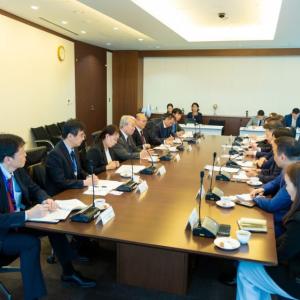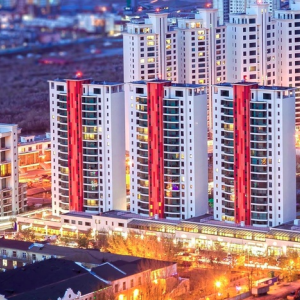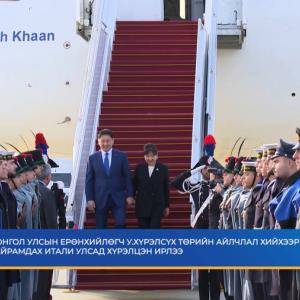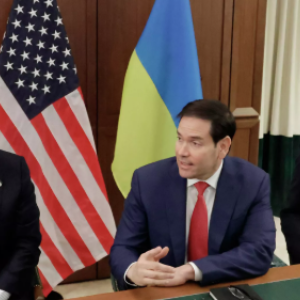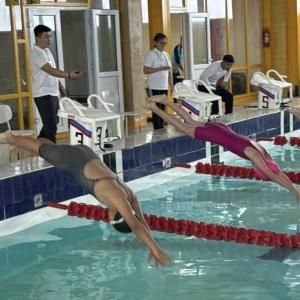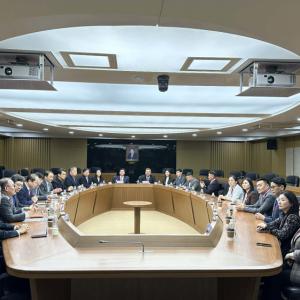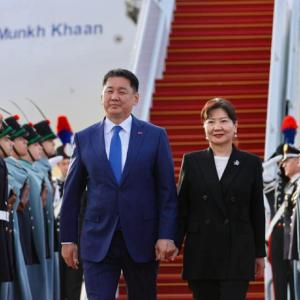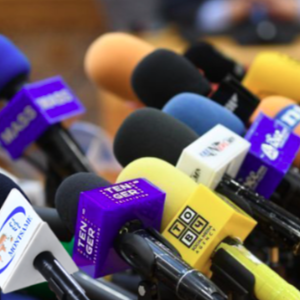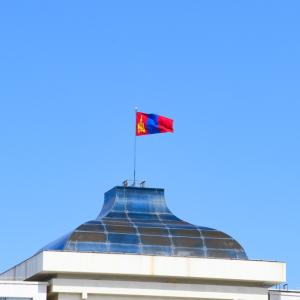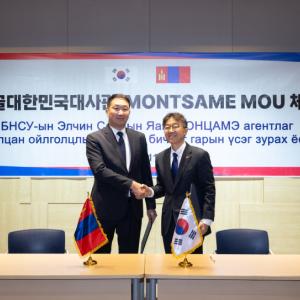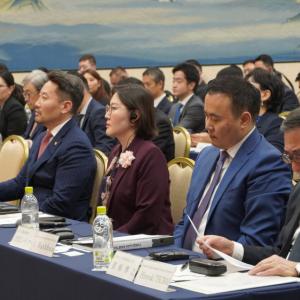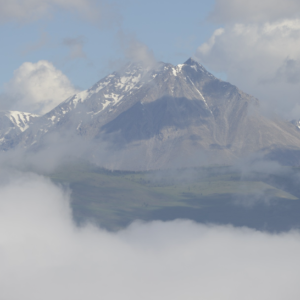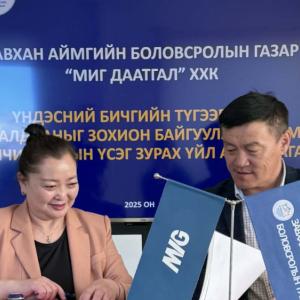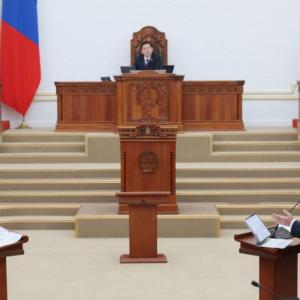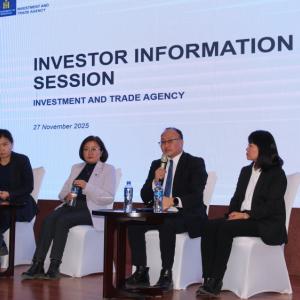The 10th Ulaanbaatar Dialogue on Northeast Asian Security Commences
Politics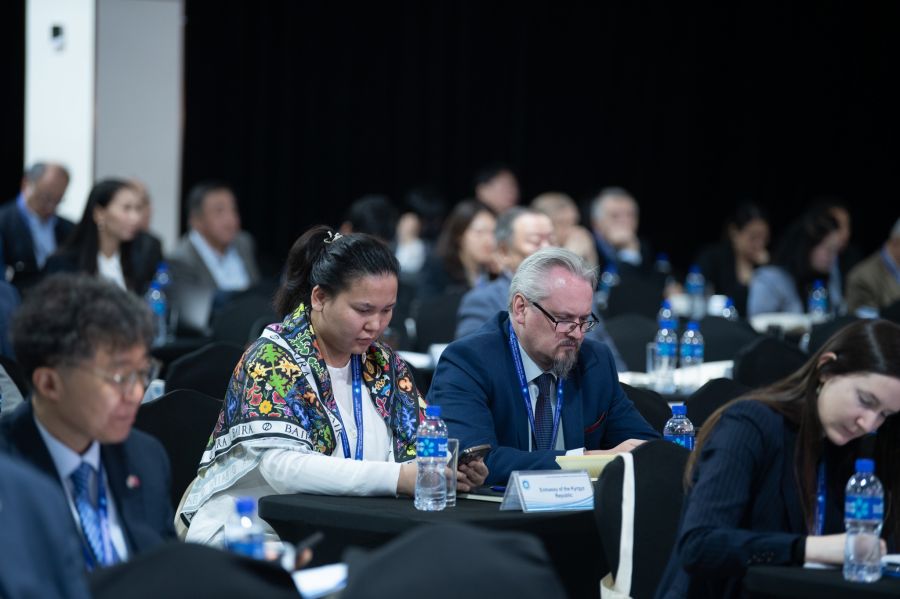
Ulaanbaatar, June 5, 2025 /MONTSAME/. Co-organized by the Ministry of Foreign Affairs of Mongolia and the Institute for Strategic Studies of Mongolia, the 10th “Ulaanbaatar Dialogue” International Conference on Northeast Asian Security opened on June 5, 2025.
The two-day Conference brings together more than 230 scholars, researchers, and delegates from over 40 countries, including Australia, the United Arab Emirates, the United States, the United Kingdom, Oman, Iceland, Canada, Estonia, and France, as well as countries from Northeast Asia.
Since the 1980s, Mongolia has consistently sought to establish a dialogue mechanism for Northeast Asia, and in 2013, launched the “Ulaanbaatar Dialogue on Northeast Asian Security” initiative, successfully convening the International Conference since 2014. The “Ulaanbaatar Dialogue” International Conference adheres to Mongolia’s peaceful, open, independent, and multi-pillar foreign policy. The consistent hosting of the Conference made it an international platform for dialogue on regional security issues, solutions, and confidence-building.
Minister of Foreign Affairs of Mongolia Battsetseg Batmunkh delivered opening remarks, stating that dialogue, cooperation, and mutual understanding are essential to overcoming the region’s multifaceted security challenges. The Foreign Minister invited participants to engage in active discussions and share their views.
Director of the Institute for Strategic Studies under the National Security Council of Mongolia Dr. Mendee Jargalsaikhan said, “The ‘Ulaanbaatar Dialogue’ is a major step in Mongolia’s foreign policy. The Conference offers nations with disputes to engage in conversation. The growing number of participants is the main achievement, with over 230 domestic and foreign delegates attending this year. The participants will exchange experiences and hold discussions on five core themes, including regional security challenges, cooperation opportunities, climate change, and energy resilience. As Mongolia will host COP17 in 2026, we are emphasizing climate issues.”
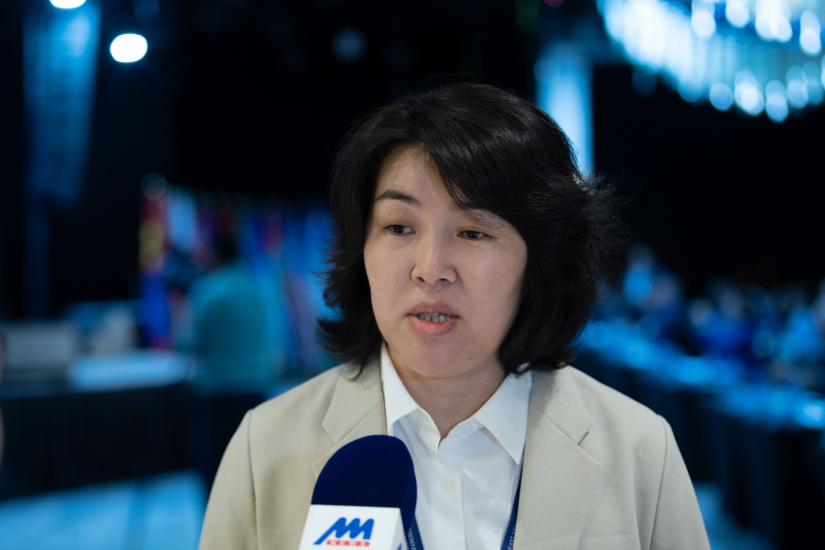
Head of the Permafrost Research Center at the Institute of Geography and Geoecology at the Mongolian Academy of Sciences Dr. Saruulzaya Adiya noted, “Climate change is expanding desertification fronts and accelerating permafrost thaw. Whereas permafrost covered 63 percent of Mongolia’s territory in 1971, it has now shrunk by 34 percent. This affects infrastructure, including roads and buildings, in permafrost zones are increasingly damaged, leading to accidents. We need climate-adaptive technologies in transport and construction. The ‘Billions of Trees’ National Movement is an excellent model. Growing forests in desertifying areas can help mitigate climate change. Through this Conference, we aim at studying best practices from other countries and implementing climate adaptation and mitigation strategies.”
The 10th “Ulaanbaatar Dialogue” is hosting five thematic sessions, including “Security Challenges and Opportunities in Northeast Asia,” “Multilateral Cooperation in Northeast Asia,” “Climate Change and Security Challenges in Northeast Asia,” “Regional Cooperation between Northeast and Central Asia,” and “Energy Resilience in Northeast Asia and Climate Change.”
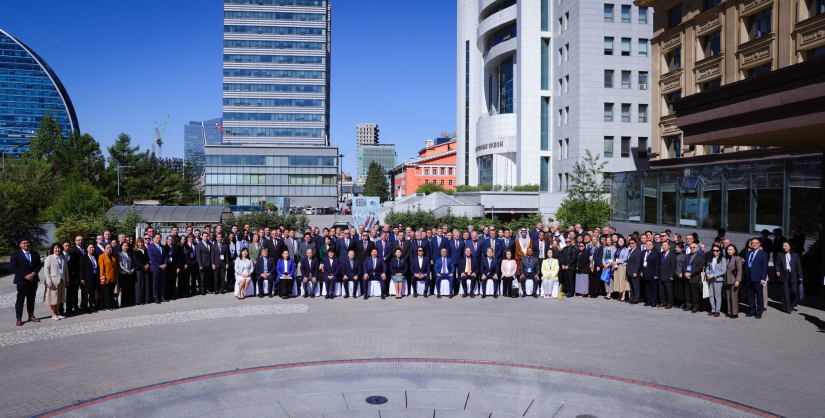
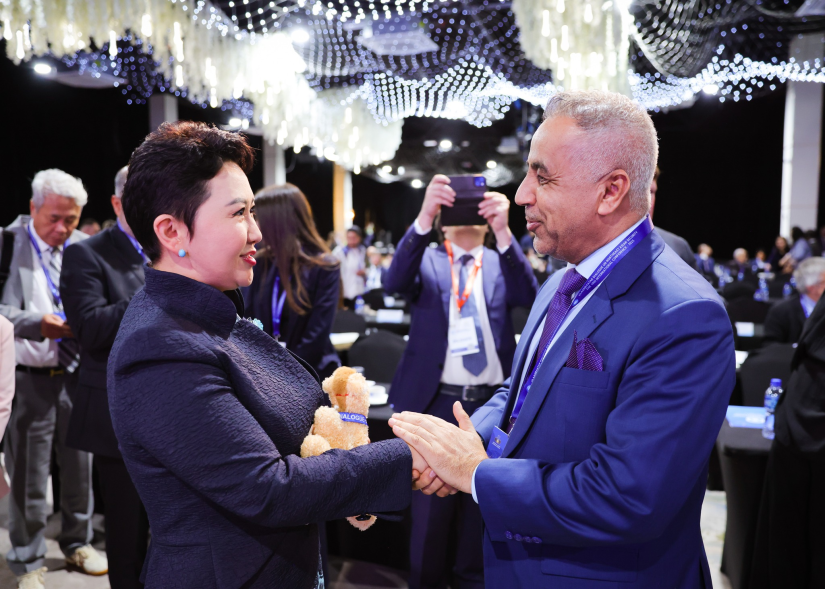
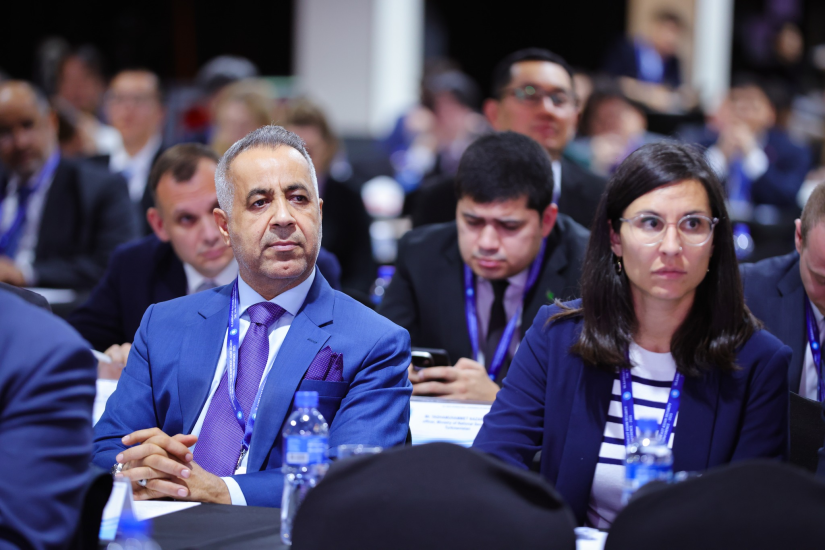
 Улаанбаатар
Улаанбаатар





